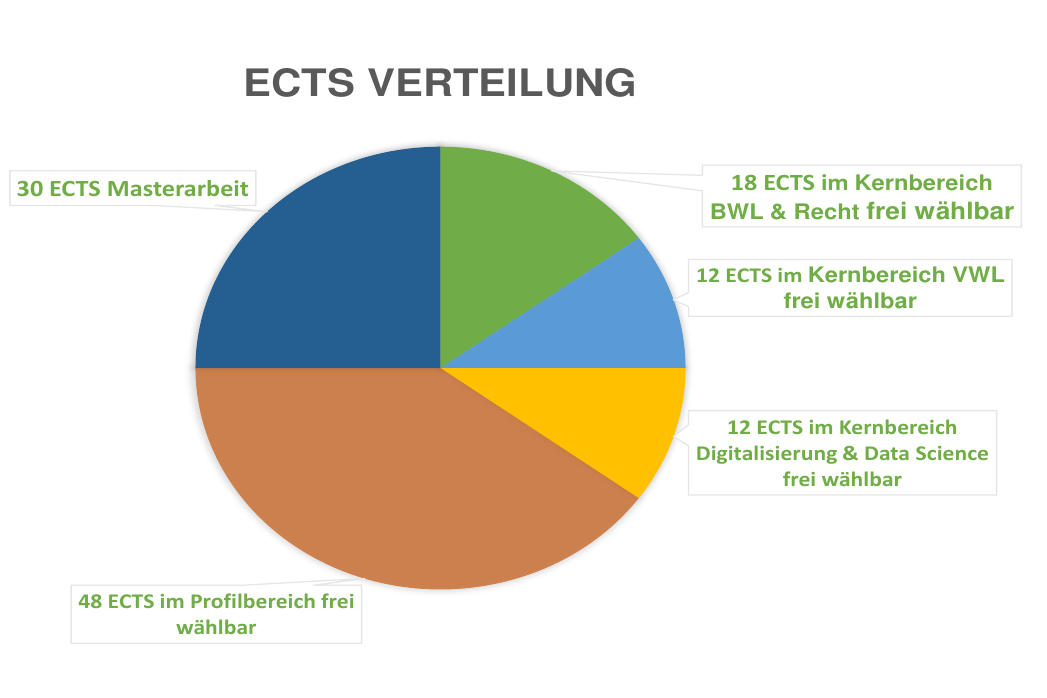Goal Reached! You Now Have All the Information About the Master's Program in Management and Economics
Final Step: If you can answer many of these questions positively, the Management and Economics program could be your ideal course of study!
- Do you want to dive deeper into economic relationships and understand how markets, businesses, and society interact at an advanced level?
- Are you fascinated by digital transformation and eager to learn how modern technologies and data science methods are shaping the business world?
- Do you want to creatively develop solutions that combine business expertise with innovative approaches from digitalization and data analytics?
- Are you looking for a master's program that offers in-depth expertise alongside practical experience and personalization options?
- Do you want to be part of a learning community that values personal interaction with professors and fellow students?
If you can answer these questions with "Yes," the Management and Economics master's program at Ulm University is perfect for you!
Yes!
Have more questions? Contact Academic Advising











